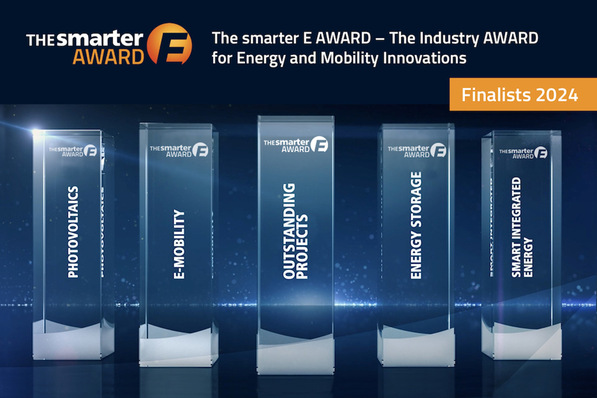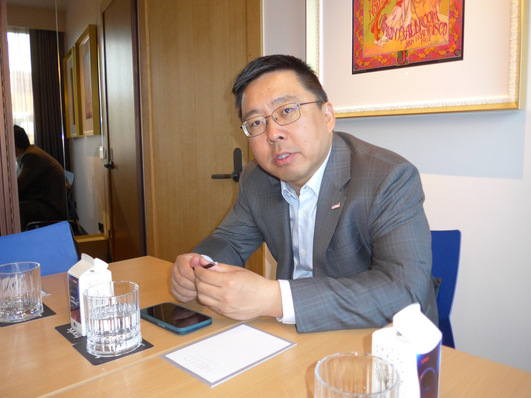The expansion is a response to the ever more diverse requirements for energy supply solutions in segments serving energy access and smart city applications. The new solutions include a patented string multiplier capable of processing up to 6,000 partial solar cells per hour, making it around five times faster than machines available on the market to date. The company has also added new soldering machines and laminators to boost the level of production automation.
Combining flexibility and automation
Requirements for module shapes and sizes have become much more diverse because of a rise in the number of fields of application for solar solutions. OPES Solutions CEO Robert Händel explains: "While Energy Access and Smart City projects require customised solar modules, standardised and automated production is the key to quality and cost-effectiveness. The smart manufacturing approach provides the cost advantages of automation while still keeping us flexible."
To implement the smart manufacturing principle, OPES has introduced a management approach integrating manual production islands into its largely automated manufacturing process where required. Combining manual and automated production steps allows a quick switch from one module type to another up to several times a day.
Trend towards growth, diversification and pay-as-you-go
OPES developed its approach as an answer to markets that are both growing and changing: In the off-grid solar energy sector, market researchers are expecting double-digit annual growth rates, with especially high growth being forecast for Energy Access applications. For solar lamps, which make up the largest part of this segment, an annual growth rate of over 15 per cent is expected until 2024, when it should reach a volume of 10.8 billion dollars.
In this context, pay-as-you-go solutions are becoming a more and more popular choice. This means that users do not have to buy a product outright, but that they pay for using it. According to a member survey by the Gogla industry association, the pay-as-you-go share of solar lamps reached around 57 per cent in 2018, with other off-grid solar applications achieving a pay-as-you-go share of 92 per cent.
Demand for greater durability and product quality
At the same time, there is a constant stream of new developments. Examples include modules being integrated into vehicles or infrastructure components or being used to provide power for sensors. And the emergence of smart cities has been reinforcing this trend. The combination of more diverse requirements and increasing pay-as-you-go distribution is raising demands on bandwidth and module durability. "Outages affecting pay-as-you-go devices can jeopardise an entire business model. Product quality is key for solution providers, and – by extension – for us as their suppliers,” says Robert Händel of OPES Solutions. (mfo)







